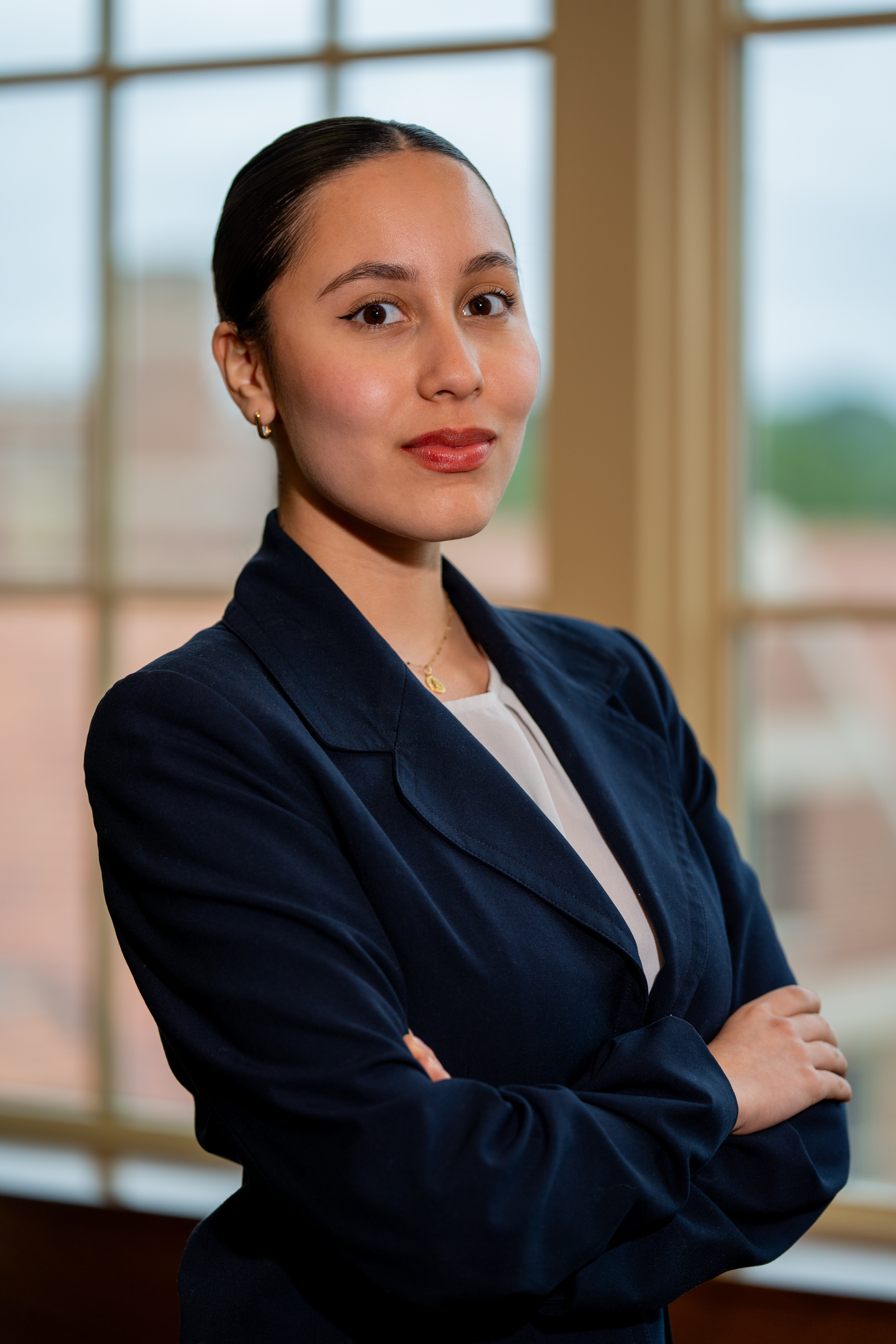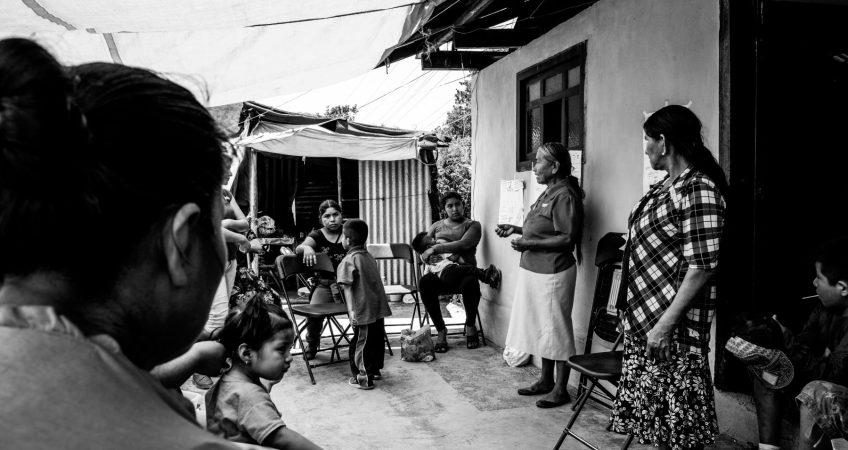I am Arantza Caudillo Alvarez, a junior at Florida State University double majoring in International Affairs and Human Rights with a concentration in Political Science. I was born and raised in Mexico and moved to the United States during my early teenage years. I hold my cultural ties and Mexican heritage dearly within my academic and professional interests. Hence, for my summer project, I intend to document how Indigenous Mexican (Sierra Ñähñu) women mobilize against gender-based violence in light of the lack of reliable legal and social protections. I hope to discover and describe these women's tactics of empowerment, resilience, and resistance against such violence.

Arantza Caudillo-Alvarez, Florida State University
In doing so, I aim to discover unexpected religious, political, and social resources on which Sierra Ñähñu women rely to navigate the sexist structures that constrain and often threaten their lives. In addition, I will examine their interactions and engagements with the Mexican, grassroots, non-governmental organization PSYDEH (Psychology and Human Rights), advocating for human and women's rights. Finally, I will focus on how this collaboration serves local women and the NGO's mission.
Through this research, I will gain significant experience with ethnographic methods through the lens of participatory action research and decolonial methodology. Following Greenwood (2007) and Tuhiwai-Smith (1999), I will rely on field notes, informal interviews, focus groups, and semi-structured interviews, all in the context of daily participant observation, to document women's thoughts about and responses to gender-based violence.
In my first four weeks, while interacting with and gaining rapport with Ñähñu women, I will remind them that I am doing research toward the publication of my honors in the major thesis. I will record no identifying information about my interviewees in these notes. During and/or after each informal conversation I have with them, I will record their thoughts and actions as well as my observations in my field notes. For weeks five through seven, I will conduct three or more focus groups around the salient themes that emerged during informal interviews. Before each focus group, I will seek women's informed consent to record our conversations. Then, from week eight to eleven, I will conduct and record open-ended semi- structured interviews with women who have revealed themselves to be experts about all salient themes that emerged throughout the last couple of weeks. I will interview as many of these women as possible. Finally, in weeks twelve and thirteen, I will follow up with any questions I have in my interviews with my hosts. Through these research methods, I aim to foreground the voices of Indigenous Mexican women to make them equal partners in a global conversation about their rights and well-being.
My IDEA Grant project relates to the work and contributions I want to make in the future: provide accessible legal assistance to marginalized communities and continue researching Mexican Indigenous groups and gender issues to contribute to creating widely available knowledge and inform decision-making bodies. I first intend to obtain a law degree to become an immigration and defense attorney to provide accessible legal assistance to the immigrant community, survivors of gender-based violence, and the wrongfully convicted.Later, I will continue my education through a Ph.D. program in anthropology to continue researching the plight of Indigenous communities in Mexico and bring their voices to the forefront at equal standing in international conversations.

Image credit: PSYDEH
